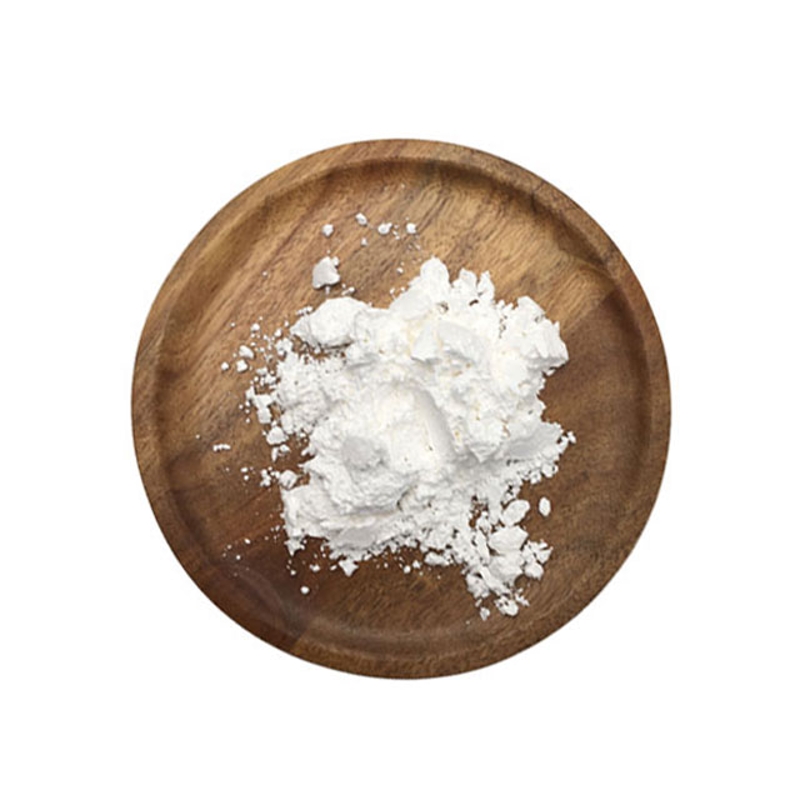-
Categories
-
Pharmaceutical Intermediates
-
Active Pharmaceutical Ingredients
-
Food Additives
- Industrial Coatings
- Agrochemicals
- Dyes and Pigments
- Surfactant
- Flavors and Fragrances
- Chemical Reagents
- Catalyst and Auxiliary
- Natural Products
- Inorganic Chemistry
-
Organic Chemistry
-
Biochemical Engineering
- Analytical Chemistry
- Cosmetic Ingredient
-
Pharmaceutical Intermediates
Promotion
ECHEMI Mall
Wholesale
Weekly Price
Exhibition
News
-
Trade Service
The U.S. Centers for Disease Control and Prevention (CDC) has released a case report in which a woman in her 70s died from contracting carbon-resistant E. coli bacteria, or CRE.
it is understood that the woman due to a thigh fracture and the resulting thigh bone, hip infection and other conditions, in India, after being diagnosed with systemic inflammatory response syndrome in the United States, during treatment using 14 antibiotics, but no effect.
only later learned that the woman was infected with bacteria known as "nightmare bacteria", not only ineffective against 14 antibiotics, but the existing 26 antibiotics in the United States all developed resistance, doctors also returned to the world.
is yet another life-threatening reminder that the global abuse of antibiotics still exists and that, if left unseeded, more people will suffer from it in the future.
Penicillin Discoverer Fleming's "prophecies" in the past, penicillin has not been found, once a bacterial infection, infected people face death at any time, and the emergence of antibiotics changed the outcome of infectious diseases, at this time, we need to thank penicillin discoverer: Academician Fleming.
In 1928, while traveling with friends, Fleming forgot that bacteria were growing in a petri dish in the lab, and three weeks later, when he returned to the lab, he found a Staphylococcus auvococcal petri dish that had inadvertently come into contact with the air. The group of blue-green mold, after microscope observation found that the staphylococcus bacteria around the mold has been dissolved, indicating that some secretion of the mold can inhibit staphylococcus, and later tests showed that the mold is penicillin, Fleming academician called penicillin.
But in the beginning, Fleming's research on penicillin was not taken seriously until mass production was made in the early 1940s, when the war caused a large number of wounded and a large amount of penicillin was urgently needed for treatment, and penicillin succeeded in saving the lives of a large number of wounded soldiers.
, penicillin began to be widely used.
, however, in his Nobel Prize-winning speech in 1945, Fleming warned of the dangers of continued antibiotic abuse.
he noted that in the laboratory, if the bacteria were not exposed to high levels of penicillin, the bacteria would not only survive, but would also be resistant to penicillin.
now, the prophecy has emerged and has become a global crisis.
The abuse of antibiotics can have disastrous consequences The abuse of antibiotics not only can damage the body's nerves, kidneys, and blood systems, seriously threatening the health of patients;
About 700,000 people worldwide die each year from "superbugs" and 230,000 newborns die prematurely, according to a new set of WHO data. This will exceed the number of deaths caused by cancer each year.
And if this continues to be abused recklessly, antibiotics that are meant to treat bacterial infections will gradually fail, meaning that in the near future, people with bacterial infections will face the dilemma of being drug-free, and superbugs may even become the "terminators" of humans.
china's serious abuse of antibiotics and said that China, whether in the total annual use of antibiotics or per capita antibiotic use are firmly ranked as the world's "first throne."
According to relevant data, about 75% of people with colds in our country use antibiotics without cause, 80% of hospitalized patients use antibiotics, and surgery is the highest, reaching 95%, far exceeding WHO's recommendation that the proportion of antibiotic use should not exceed 30%.
can be said that the abuse of antibiotics in China is very serious, and the consequences are very serious, not only can cause a variety of side effects, but also will produce drug resistance, serious can also cause death.
, it is recommended that we should pay attention to avoid, do not give your own medicine indiscriminately, the use of any drug is best under the guidance of a doctor, regulate the use of drugs.
Knowledge Point: Will you use antibiotics rationally? . . Antibiotics and anti-inflammatory drugs are not the same thing, anti-inflammatory drugs can eliminate inflammation, such as redness, swelling, heat, pain, etc. , the closest to this concept of the drug is "anti-heat analgesic" drugs, such as ibuprofen, can fight fever, pain;
so don't be silly and confused.
do not have to use antibiotics Many people think that once a cold, can use some antibiotics, especially children, in fact, this practice is not right.
experts say that nearly 90 percent of colds in life are caused by viruses, and antibiotics have no effect on the virus, so colds do not have to be treated with antibiotics.
Amosilin and cephalosporine are two drugs that, although both of which belong to β-endamide antibiotics, are not a drug, amosiline is a specific, single drug, and cephalosporine is a class of drugs, there are many.
In addition, the drug adaptation is not the same, amosiline is suitable for respiratory tract, urethra, bile and other infectious diseases, while cephalosporine is suitable for bacterial infectious diseases, skin soft tissue infections, etc., more suitable for more critical infections.
is small compared to cephalosporins.
so how to avoid the misuse of antibiotics? Take a look at the World Health Organization's recommendations: Summary: Antibiotics are prescription drugs, so it's best to buy them on a doctor's prescription, and patients shouldn't blindly buy and use them themselves to avoid more problems with the wrong use.
39 Health Network Source: 39 Health Network Copyright Notice: All text, images and audio and video materials on this website that indicate "Source: Mets Medicine" or "Source: MedSci Original" are owned by Mets Medical, are not authorized, may not be reproduced by any media, website or individual, and shall be reproduced with the words "Source: Mets Medicine".
all reprinted articles on this website are for the purpose of transmitting more information and clearly indicate the source and author, and media or individuals who do not wish to be reproduced may contact us and we will delete them immediately.
at the same time reproduced content does not represent the position of this site.
leave a message here







